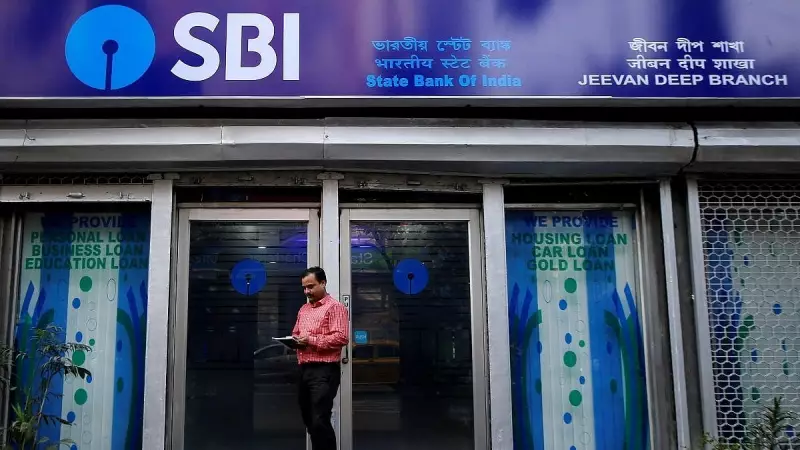
India's banking sector could witness another significant wave of consolidation as the country's largest lender throws its weight behind further mergers. State Bank of India Chairman Dinesh Khara has publicly endorsed additional consolidation among public sector banks, signaling potential major structural changes ahead for the Indian financial landscape.
SBI's Strong Endorsement for Banking Consolidation
In a clear indication of where the banking industry might be heading, State Bank of India's Chairman Dinesh Khara has expressed strong support for additional mergers within the public sector banking space. The chairman of India's largest bank believes that the previous round of consolidation has demonstrated significant benefits that warrant further moves in this direction.
Dinesh Khara made these important comments during an interview with PTI, highlighting the successful integration of several associate banks with SBI itself. The massive merger that saw the amalgamation of State Bank of India with its associate banks created a banking behemoth that has shown remarkable resilience and improved operational efficiency.
The Proven Benefits of Previous Bank Mergers
The banking sector has already witnessed substantial consolidation in recent years, with several high-profile mergers reshaping the industry. The most significant among these was the merger of SBI with its five associate banks and the Bharatiya Mahila Bank in 2017. This created a unified banking entity with tremendous scale and reach across India.
Following this, the government orchestrated another major consolidation round in 2019, merging ten public sector banks into four larger entities. This strategic move included the merger of Oriental Bank of Commerce and United Bank with Punjab National Bank, creating the second-largest public sector bank in the country.
According to Khara, these consolidation efforts have yielded tangible benefits that justify further moves in this direction. The merged entities have demonstrated stronger balance sheets, improved operational efficiency, and enhanced capacity to undertake larger projects that individual banks might have struggled with previously.
Future Prospects and Strategic Implications
The endorsement from SBI's chairman comes at a crucial time for the Indian banking sector. As the economy continues to grow and demand for credit increases, having stronger, more resilient banks becomes increasingly important. Consolidation could help create institutions better equipped to handle large infrastructure projects and compete effectively in the international arena.
Khara emphasized that merged entities have shown remarkable improvement in their financial metrics, including better capital adequacy ratios, improved asset quality, and enhanced profitability. These improvements have positioned them well to support India's growing economic ambitions and infrastructure needs.
The SBI chairman's comments suggest that the successful integration of previous mergers has created a template that could be applied to further consolidation. This could potentially involve merging some of the remaining mid-sized public sector banks to create larger, more robust financial institutions capable of competing with private sector counterparts and global banking giants.
As India positions itself as a global economic powerhouse, having a strong, consolidated banking sector becomes crucial for funding the nation's development agenda. The endorsement from the country's largest bank signals that further structural changes in the banking industry might be on the horizon, potentially creating even stronger financial institutions to power India's growth story.






